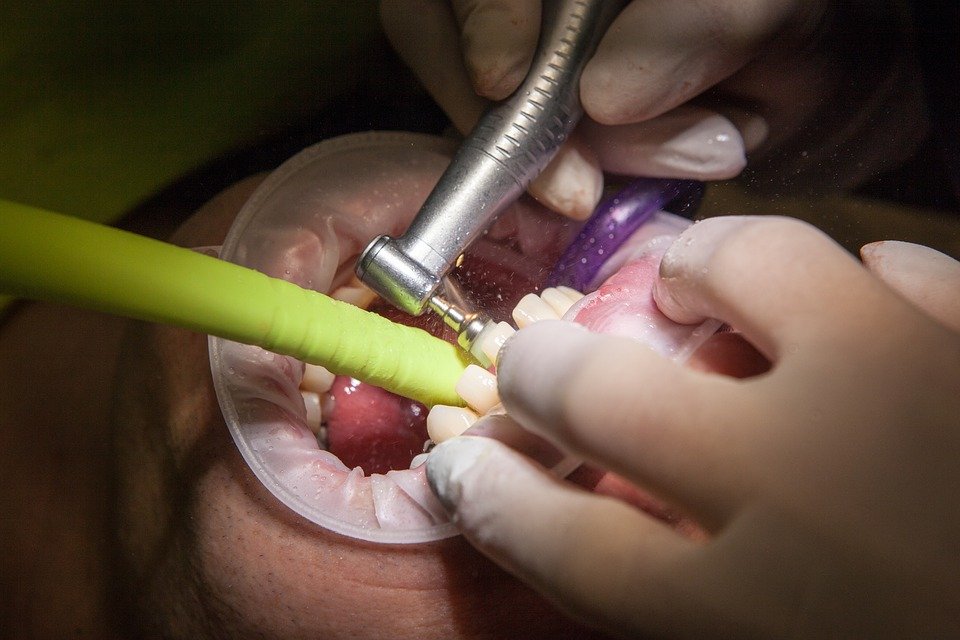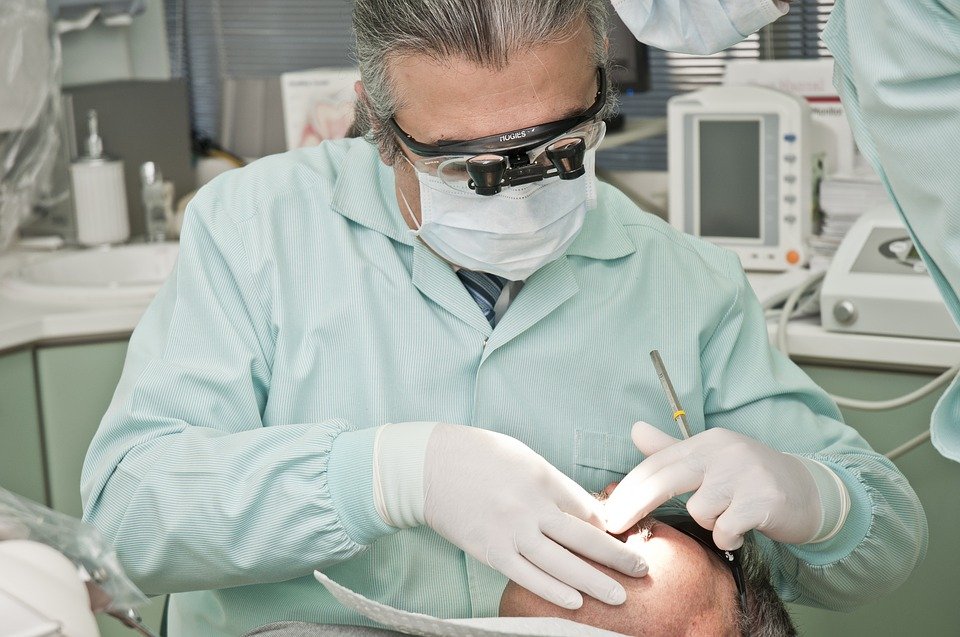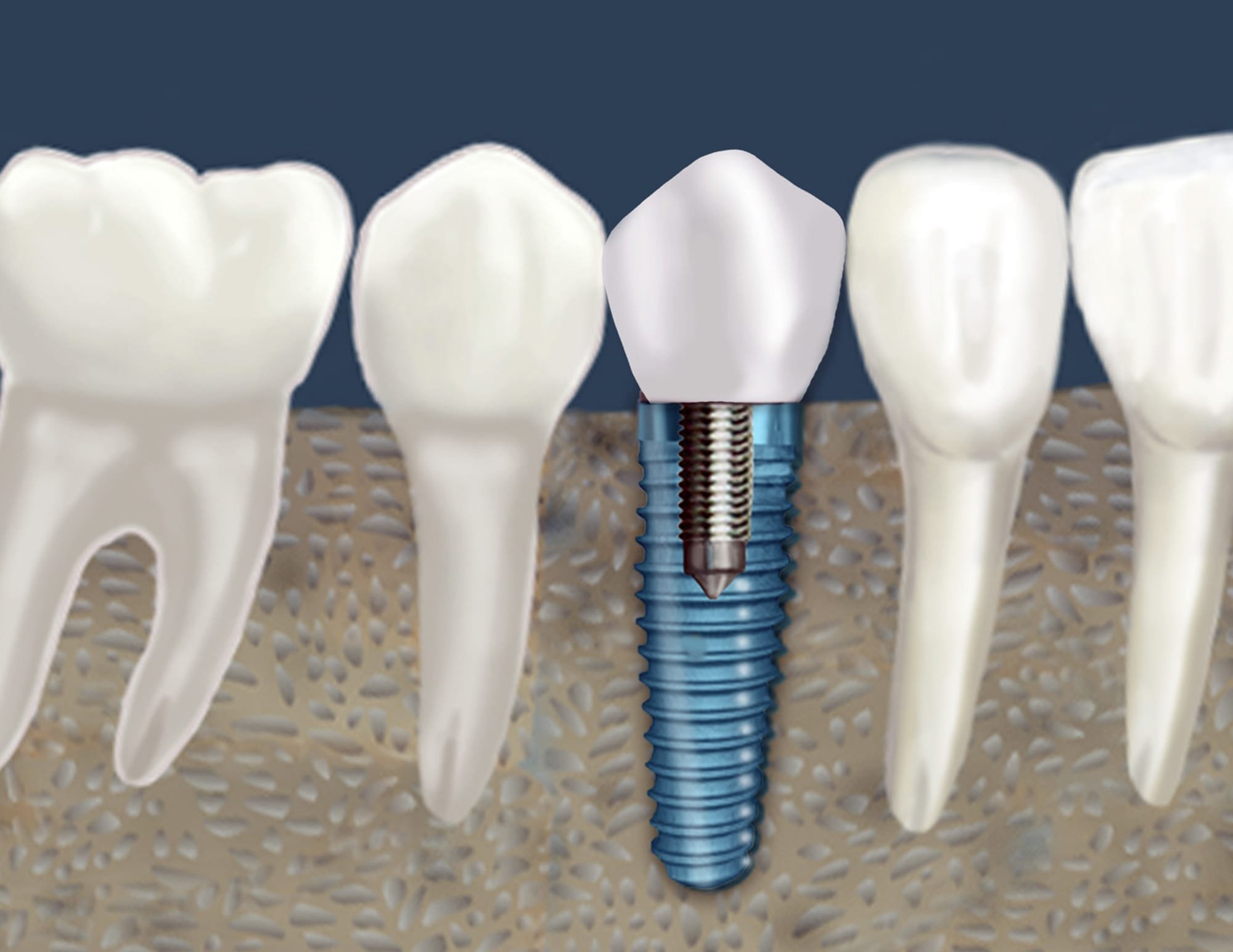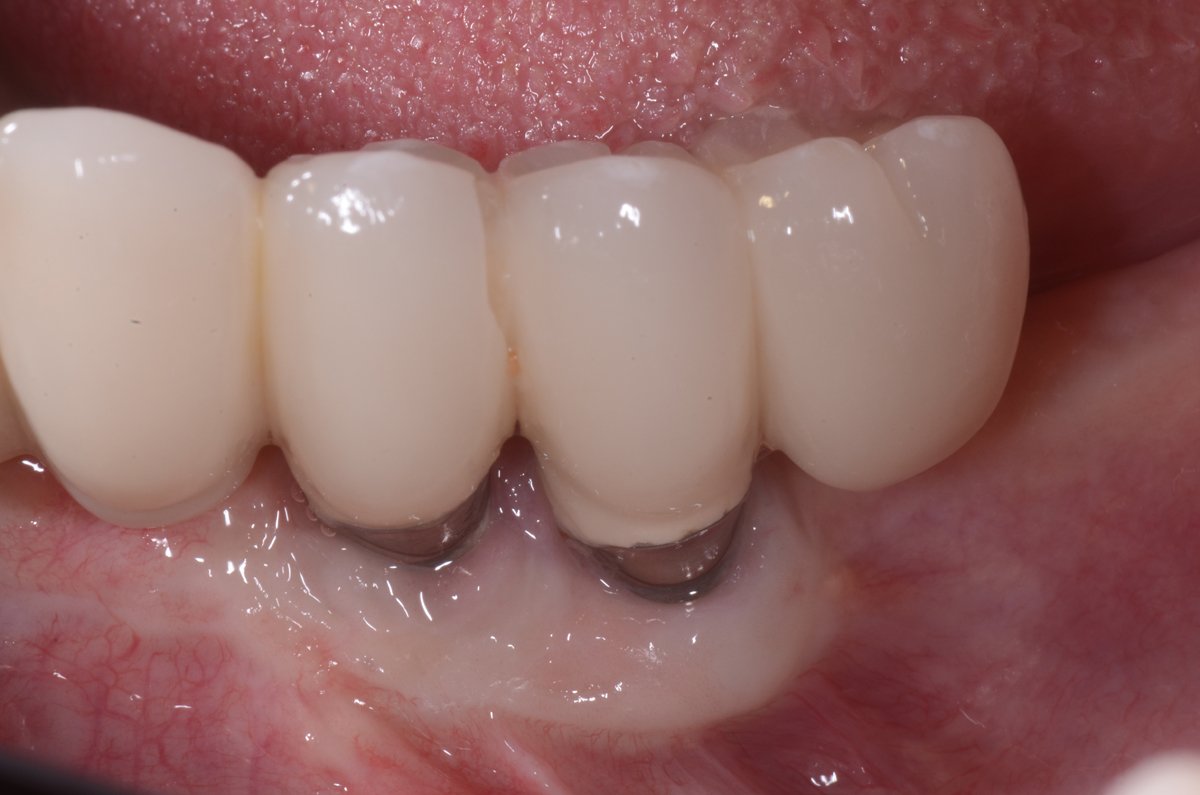
No doubt when you are scheduled to go for a dental implant procedure, any useful information that you find can help you make an informed decision. A good dentist should take the time to explain to you in details and prepare you psychologically for a dental implant procedure. But then again, doing your own research will help cover any possible areas that your doctor may have left out or one that you may have forgotten to ask about. Keep reading to discover some useful information about this common procedure to help clarify matters and help you make a wise decision.
First things first, a dental implant is a procedure that lets your Highland Park IL dentist replace a damaged or missing tooth to give you a naturally looking and functioning tooth. The whole procedure allows for the placement of implants in the jawbone so they can act as roots that will support the artificial tooth. Note that the jawbone should fuse perfectly with the metal in the implants in such a way that they are safe and secure without causing damage to the bones. Once the implant metal cylinder is placed within the jawbone, a tiny metal post known as an abutment will be fastened over it. And last but not least would be to have a crown or the artificial tooth placed on the abutment, and you will have your functional artificial tooth.
If you don't want to wear dentures or have several teeth missing, this could be the ideal procedure that your dentist recommends. This procedure is also often recommended for people with difficulties in speaking due to missing teeth. Of course, you must have a clean bill of health, a fully grown jawbone and enough bone to support the new additions for your dentist to give you an OK for this procedure. Dental implant procedures are done under sedation, local, or general anesthesia as per your doctor's recommendation to help with pain management.
Another thing you must remember is the fact that dental implant procedures are a process that takes several months to prepare for before, during and after the main procedure. Some of the most common side effects of the procedure include pain, bleeding, bruising and some bleeding, hence the need to have a good dentist by your side. Other possible risks after a dental implant procedure include infections and even nerve damage. Seeing as it is how involving this procedure is, the need to work with a board-certified, competent and qualified dentist can never be overemphasized enough. The internet is always a good place to dig information about a dentist that you are considering so be sure to make good use of it. Click on the following link to discover some of the most common dental problems to avoid: https://www.huffingtonpost.com/2014/09/28/common-dental-problems-_n_5844434.html.
 If you choose the wrong dentist to install the dental implants, they may end up making the condition of your teeth worse. There are several dentists that do dental implants procedure, choosing one among the many can be a daunting task, especially is it is your first time. So, what should you look out for when choosing a dental implants dentist? The tips below can be of great help in choosing the right dentist for the dental implants.
If you choose the wrong dentist to install the dental implants, they may end up making the condition of your teeth worse. There are several dentists that do dental implants procedure, choosing one among the many can be a daunting task, especially is it is your first time. So, what should you look out for when choosing a dental implants dentist? The tips below can be of great help in choosing the right dentist for the dental implants. When one is keen to enhance their appearance, they might consider having a single tooth replaced, but it is also possible that one needs to have the whole arch replaced via all the four procedure. Deciding whether or not to receive the dental implants will be vital, the most critical part when one is in need of the implants will be finding the best dentist to help you achieve your desired appearance. Even though the primary reason why one will need the dental implants will be to enhance your appearance, seeking the help of the dentist can also help you to strengthen your bite and even lead to improved confidence. Dental implants are also vital as they can prevent cases of bone resorption. The results that you will get at the end of the dental implants dentist will be much dependent on the dentist you choose to engage, and here we are providing the tips that you need before you can seek the services of a
When one is keen to enhance their appearance, they might consider having a single tooth replaced, but it is also possible that one needs to have the whole arch replaced via all the four procedure. Deciding whether or not to receive the dental implants will be vital, the most critical part when one is in need of the implants will be finding the best dentist to help you achieve your desired appearance. Even though the primary reason why one will need the dental implants will be to enhance your appearance, seeking the help of the dentist can also help you to strengthen your bite and even lead to improved confidence. Dental implants are also vital as they can prevent cases of bone resorption. The results that you will get at the end of the dental implants dentist will be much dependent on the dentist you choose to engage, and here we are providing the tips that you need before you can seek the services of a  In terms of taking care of your oral health, you must know it goes beyond than brushing and flossing. You mouth need proper care as well especially your pearly whites. It is important to have your teeth checked at least once a year. Suffering from a dental problem can be cruel and you need to get rid of it. If you think about getting it fixed then maybe you need to learn all about dental implants offered by
In terms of taking care of your oral health, you must know it goes beyond than brushing and flossing. You mouth need proper care as well especially your pearly whites. It is important to have your teeth checked at least once a year. Suffering from a dental problem can be cruel and you need to get rid of it. If you think about getting it fixed then maybe you need to learn all about dental implants offered by  Despite such advancements in the dental treatment, there are a lot of those who suffer from the tooth loss that would result to gum disease, trauma or tooth decay. In the past, the only treatment options which the people can have in missing teeth were the dentures and bridges. But, there are now those dental implants which they can go for at
Despite such advancements in the dental treatment, there are a lot of those who suffer from the tooth loss that would result to gum disease, trauma or tooth decay. In the past, the only treatment options which the people can have in missing teeth were the dentures and bridges. But, there are now those dental implants which they can go for at 


